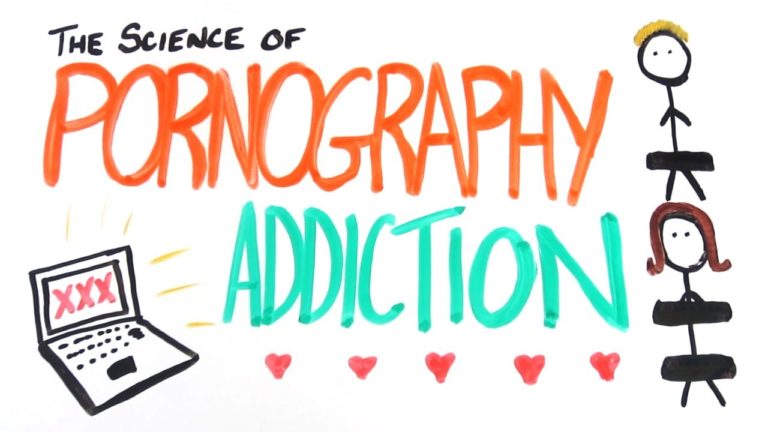
Understanding Cognitive Behavioral Therapy (CBT)
Cognitive behavioral therapy (CBT) is a classification of mental health counseling founded in the 1960s by Dr. Aaron T. Beck.
Cognitive behavioral therapy helps people address problematic thoughts and feelings to overcome addiction.
Cognitive behavioral therapy is used widely today in addiction treatment. CBT teaches recovering addicts to find connections between their thoughts, feelings and actions and increase awareness of how these things impact recovery.
How Does Cognitive Behavioral Therapy Work?
Cognitive behavioral therapy shows that many harmful actions and emotions are not logical or rational. These feelings and behaviors may come from past experiences or environmental factors.
When an addicted person understands why they feel or act a certain way — and how those feelings and actions lead to substance use — they are better equipped to overcome their addiction.
Cognitive behavioral therapists help recovering addicts identify their negative “automatic thoughts.” An automatic thought is based on impulse and often comes from misconceptions and internalized feelings of self-doubt and fear. Often, people try to self-medicate these painful thoughts and feelings by drinking or abusing drugs.
By continually revisiting painful memories, recovering addicts can reduce the pain caused by them. They can then learn new, positive behaviors to replace their drug or alcohol use.
Cognitive Behavioral Therapy and Addiction Treatment
Automatic negative thoughts are often a root cause of depression and anxiety disorders, which are common co-occurring disorders with addiction. This means automatic thoughts can make someone more likely to abuse drugs and alcohol as well.
CBT helps patients overcome drug addiction and alcoholism by:
- Helping to dismiss false beliefs and insecurities that lead to substance abuse
- Providing self-help tools to better their moods
- Teaching effective communication skills
Triggers — situations that “trigger” cravings throughout the day — keep many addicted people from getting sober. Cognitive behavioral therapy helps recovering addicts deal with triggers in three key ways, according to the National Institute on Drug Abuse.
Skills for Managing Triggers
| Recognize | Identify which circumstances lead to using drugs or drinking. |
| Avoid | Remove yourself from trigger situations whenever possible or appropriate. |
| Cope | Use CBT techniques to address and alleviate emotions and thoughts that lead to substance abuse. |
Cognitive behavioral therapy techniques can be practiced outside the therapist’s office. Recovering addicts can do many CBT exercises on their own, from home or in a group setting.
Addiction support groups like the Self-Management and Recovery Training (SMART) program also incorporate CBT principles into their self-help exercises to encourage continued sobriety.
Speak with an expert
Examples of CBT techniques used in addiction treatment include:
- Thought Records
Recovering addicts examine automatic negative thoughts and look for objective evidence supporting and disproving those thoughts. They list evidence for and against their automatic thoughts to compare and contrast. The goal is to help them think more balanced and less harsh thoughts by critically evaluating what they’re thinking.
Example: “My manager thinks I’m useless. I need to drink to feel better” becomes “It’s normal to make mistakes, and I can learn from this. My manager will appreciate me learning from my mistakes and heeding her advice. I don’t need alcohol to feel better about myself.”
These exercises contrast negative thoughts against positive ones to see which is more effective in changing behavior. Some people respond better to self-kindness and others to self-criticism. Behavioral experiments are all about figuring out what works best for the individual.
How Cognitive Behavioral Therapy Differs from Other Psychotherapies
Cognitive behavioral therapy offers a hands-on alternative to less engaging therapy methods.
Recovering addicts do more than talk to their therapists during a CBT session and therapists do more than passively listen. Instead, addicts and therapists work together to treat addiction.
Cognitive behavioral therapy is founded on action-focused, rapid treatment. Many 60 day rehabilitation programs include CBT to provide people with immediate coping techniques.
Some psychotherapy techniques might take years to have a strong impact. CBT often requires 16 sessions to produce meaningful results.
Cognitive behavioral therapy is adaptable, making it effective in inpatient and outpatient settings, as well as individual and group counseling environments. Many therapists and addiction treatment centers include CBT as part of their recovery plans.

